| | |

Chapter 10
|
|
|
|
|
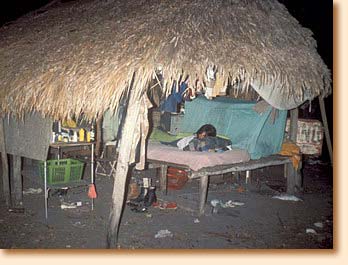 |
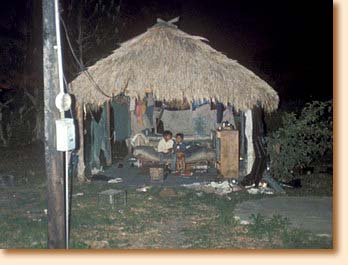 |
| | |
|
It wasn't long till I had so many death threats against me as a
result of my photography, which by the way I had tried to conceal,
that I decided to move out to the Indians on the outskirts of
town, where I stayed with this young Seminole woman. |
| | |
|
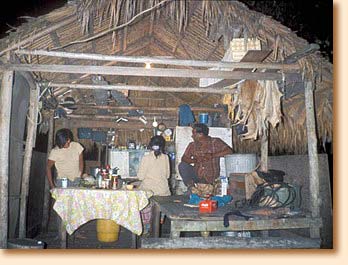 |
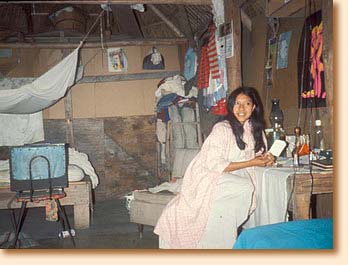 |
| | |
|
I felt it was very romantic to live in such palm-leaf huts, but the romance
was not destined to last for long.
|
| | |
|
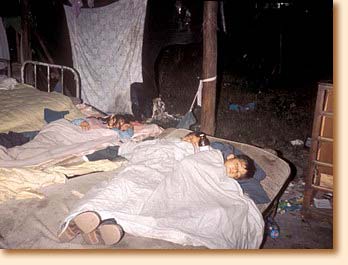 |
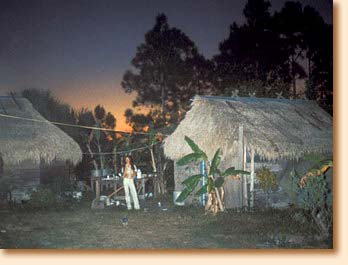 |
| | |
|
After just a couple of days, those in town found out where I
was and one night someone shouted to me ordering me out of the hut.
|
| | |
|
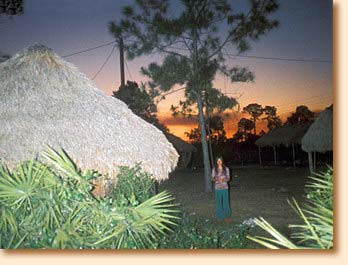 |
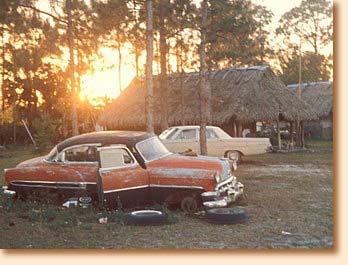
|
| | |
|
I had no choice and stepped right out into the headlights from
a pickup truck, from which some men with guns shouted to me in Mexican accents:
"You be out of town before sunrise. If not, you will never see another
sunrise!"
|
| | |
|
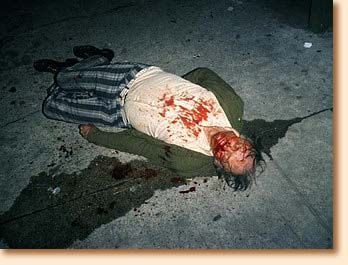 |
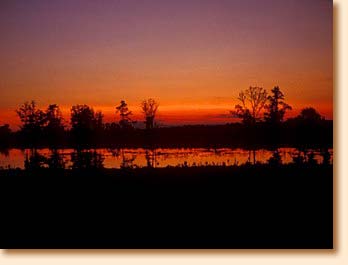 |
| | |
|
Then I knew they were deadly serious and the woman did not dare
to have me living there any longer, so I slipped out of town like a shadow.
|
| | |
|
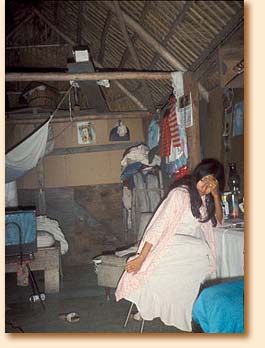 |
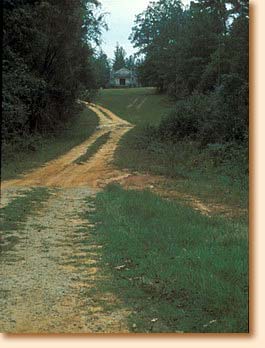 |
| | |
|
If you're completely alone in the world, you easily fall in
love with people who give you warmth and affection.
But just as my infatuations were a product of the violence and strangeness
around me, it often seemed as if the act of falling in love itself gave rise to
violence.
|
| | |
|
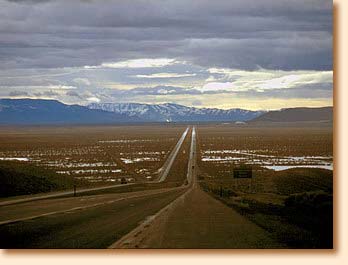 |
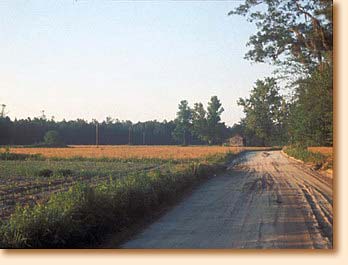 |
| | |
|
It seems like you can't find deep human relationships without
becoming either victim or executioner.
Mostly I was a victim as I always let myself fall into the arms of people who
had a need for me, but since I always tried to go the whole hog, I occasionally
crossed the invisible line separating victim from executioner.
|
|
| |
|
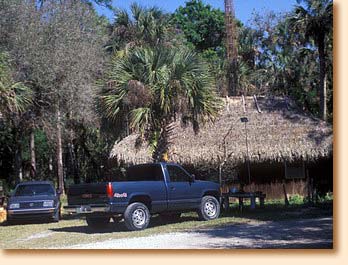 |
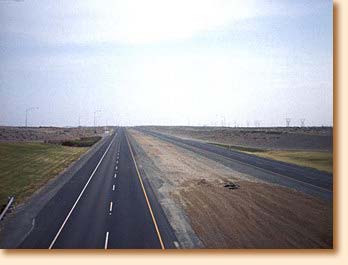 |
| | |
|
The same goes for my privilege as a white: when I stayed with
native Americans I could feel so devastated by guilt among these - our pariahs -
that it seemed evidence of an imagined executioner role I had to take
responsibility for. Such racist guilt prevents many whites from meaningful
relationships with the oppressed.
|
| | |
|
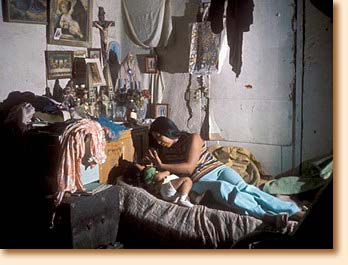 |
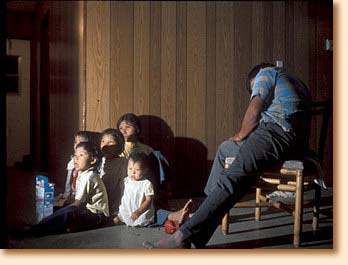 |
| | |
|
One of the few times I shed my role as vagabond in order to take
destiny into my own hands was when I decided to fight together with the Indians
at Wounded Knee. (See following story)
|
| | |
|
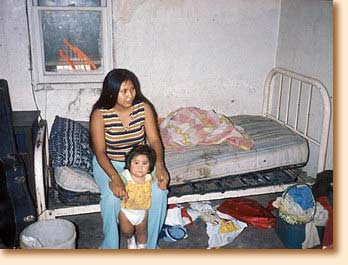 |
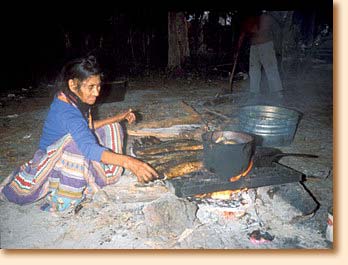 |
| | |
|
What I had already seen of the Indians' conditions had made me disillusioned
and depressed. The heavy shadow of tragedy which pervades the Indians was so
overwhelming to me that even when we got drunk together the sense of utter
hopelessness remained.
|
| | |
|
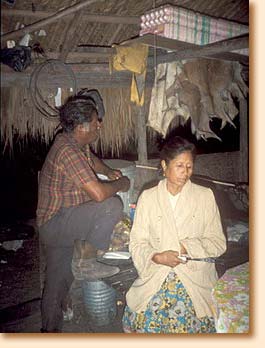 |
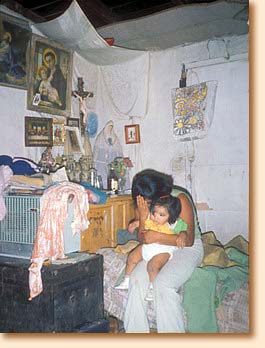 |
| | |
|
Therefore I was disappointed that at the first chance in this century to help
Indians fight for their rights, when I had expected to see a mass movement of
white youth going to Wounded Knee, it turned out that all their sympathy
amounted to nothing more than the empty words of their government's many broken
treaties with the Indians.
|
| | |
|
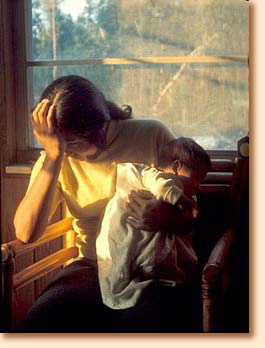 |
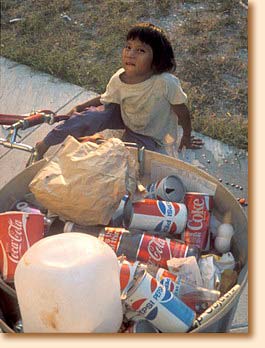 |
| | |
|
Later, whenever I lived with Indians, I realized that Wounded
Knee had become a symbol of pride for the Indians. It was the start of a
strong nationalism for this oppressed minority just as the armed revolt of the
blacks in the ghettos had led them into a nationalist movement with black power
and black beauty as symbols of pride.
|
| | |
|
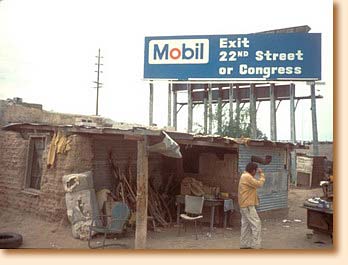 |
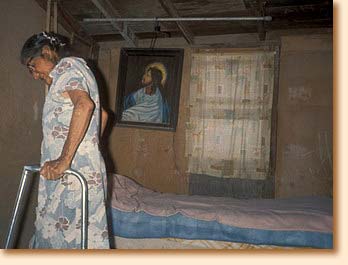 |
| | |
|
I learned that such a nationalist period,
in which all the values of the oppressor culture are rejected, is necessary and
inevitable for all who attempt to free themselves from the self-contempt and
self-destruction induced by centuries of oppression.
|
| | |
|
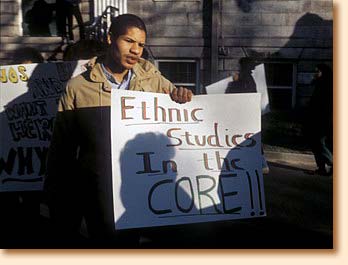 |
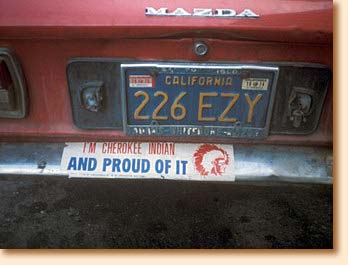 |
| | |
|
But I also learned that
this demonstrative phase is the easiest and that the struggle which comes
afterwards is far longer and more difficult - the struggle to create equality
in the minds and the hearts of whites as well as of the colored minorities.
|
| | |
|
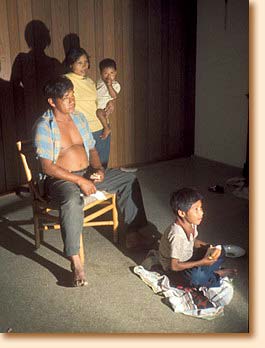 |
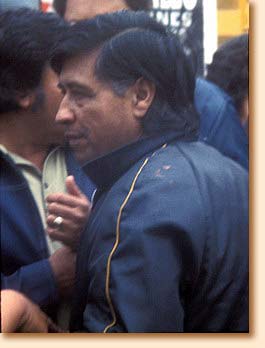 |
|
|
|
I remember how shocked we were in Europe seeing in the news the
many attempts to crush Cesar Chavez' efforts to organize the Farm workers
Union, and I therefore tried to work with the farm workers wherever I could.
|
| | |
|
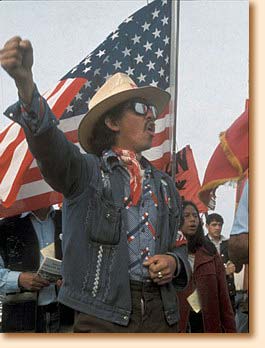 |
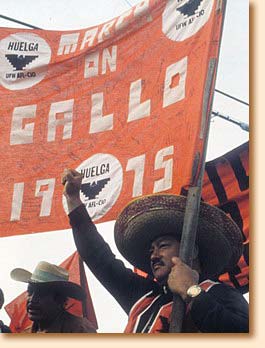 |
| | |
|
It
was in such demonstrations for human rights that young Americans taught me to
see the intimate connection between the oppression of American minorities and
the oppression of other Third World people.
|
| | |
|
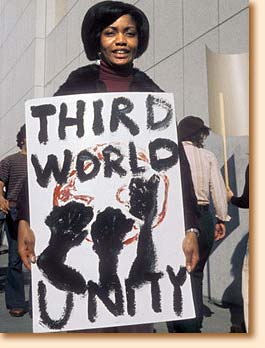 |
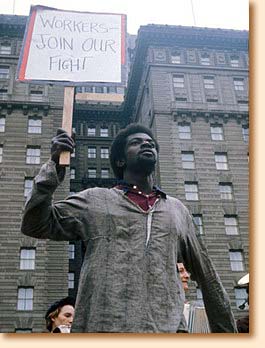 |
|
|
|
In our groping efforts to
understand the government's ongoing brutality against the poor in Vietnam,
Cambodia, Chile, Nicaragua and El Salvador, the concept of "the system" began
to explain the origin of the suffering we are inflicting. And so the death of 3
million Vietnamese also was that which made me set myself outside the system
and begin questioning it.
|
| | |
|
|
| | |
|
|
| | |